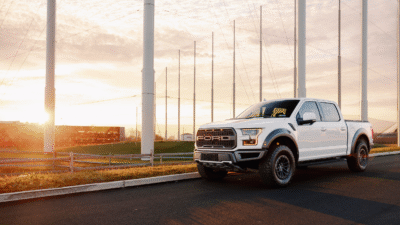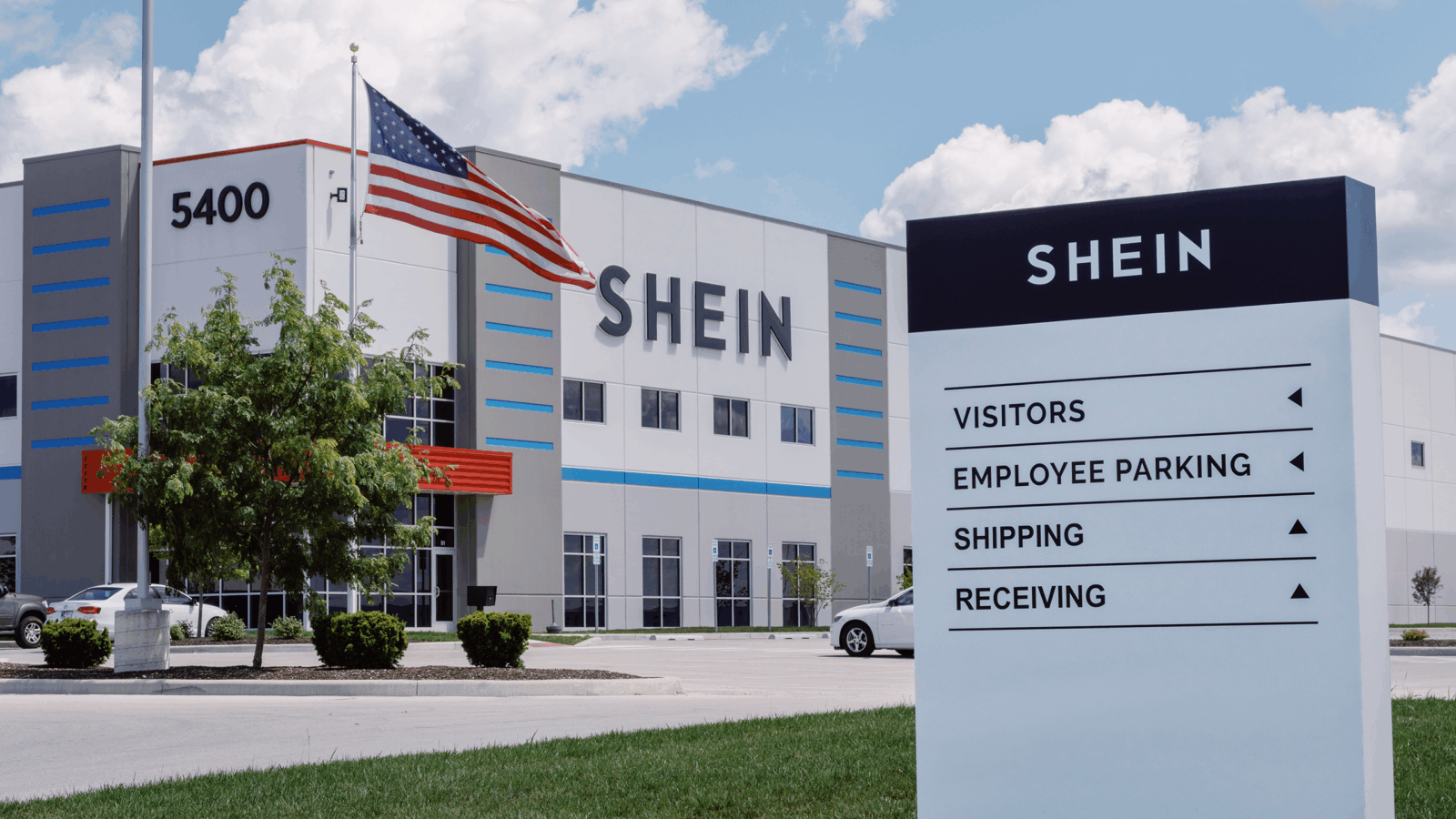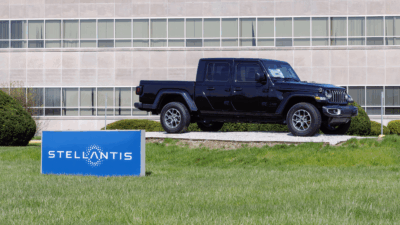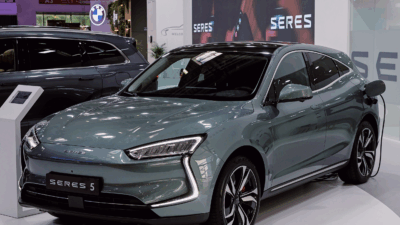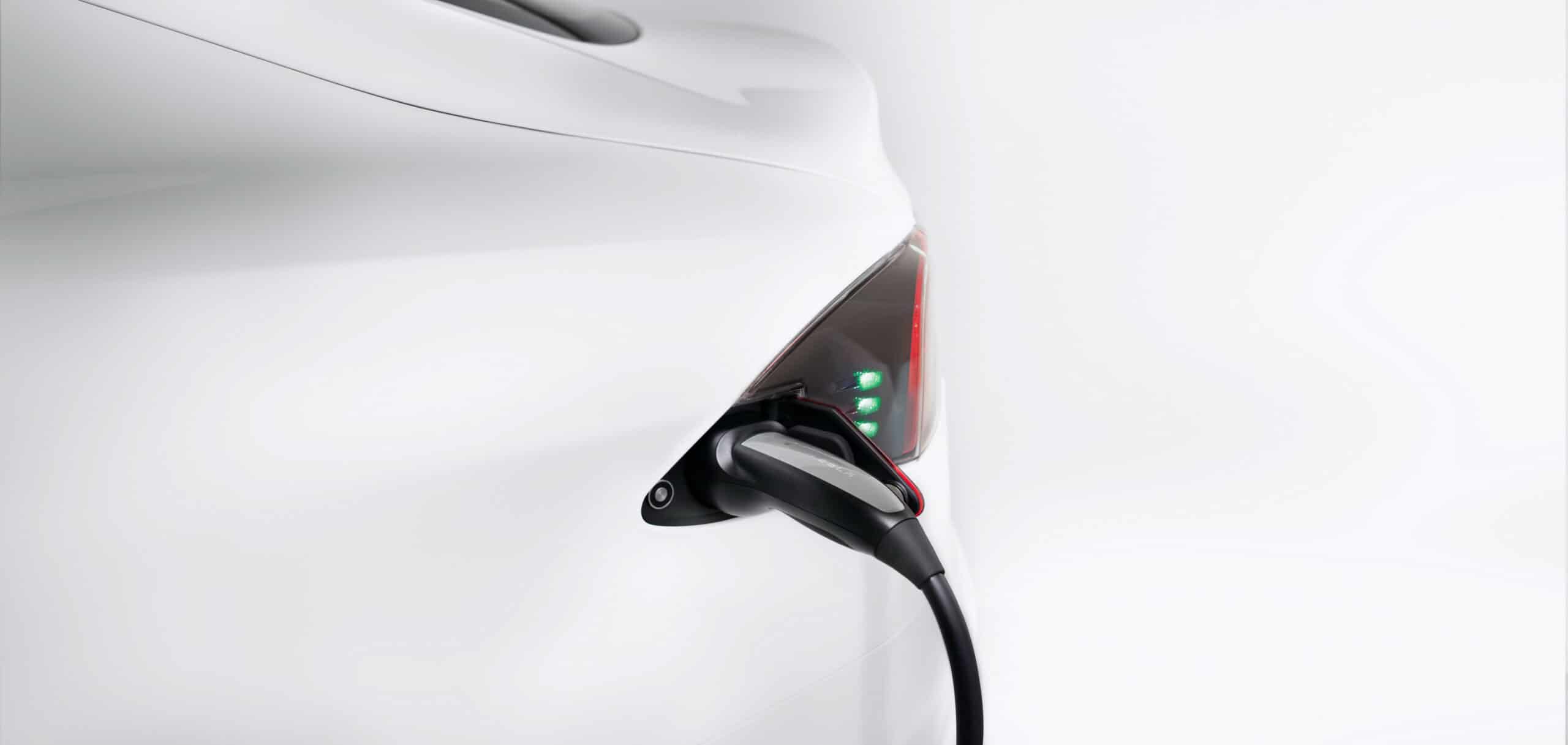
Sign up for smart news, insights, and analysis on the biggest financial stories of the day.
Electric vehicles may not burn gas, but making them requires burning through a lot of cash.
With the material costs to create new batteries skyrocketing, and new federal regulations tightening the supply chain, EV manufacturers — from small players like Lucid and Lordstown to top guns like Rivian and Ford — are facing dwindling cash reserves as they race to deliver their products to market.
Assembly Declines
The demand for EVs has never been stronger, and the sector’s pole position future is crystal clear. Just last week, California even officially established a timeline to ban new gas car sales by 2035. But getting there will require more than just good GPS.
Two years ago, Elon Musk claimed getting the Tesla Model 3 to the finish line was “production hell” that nearly bankrupted the company, and his competition has done little to make the process any less capital-intensive. Complicating matters further is a stipulation in the Inflation Reduction Act that ties tax incentives to sourcing crucial battery raw materials from North America. For manufacturers, it’s just another toll on the road to EV mass production, which is easier for some to pay than others:
- Rivian is well positioned with over $15 billion of cash on hand as of June 30, enough to fund production goals through 2025, according to its CEO, while Lucid Group’s $4.6 billion in reserves gives it enough runway to last deep into 2023.
- The controversy-plagued Nikola and Lordstown are a little less lucky. The former had $529 million on hand at the end of June and $312 million available via an equity line, about enough to fund production for 12 months, while the latter had just $236 million on hand at the end of June. Both firms are looking to raise substantial capital.
Shifting Gears: Even global manufacturers are feeling pain from the cost crunch — and they’re passing it on to consumers. Ford, looking to pass Tesla in the EV market, hiked prices as much as $8,475 starting Tuesday for its electric Mustang Mach-E to cover “significant material cost increases” and “continued strain on key supply chains.” That comes after it raised the prices on its F-150 Lightning earlier in August, following similar hikes earlier this year from Tesla and General Motors. On the brightside: slowly falling gas prices makes the combustion engine present a little more financially, if not environmentally, bearable.



